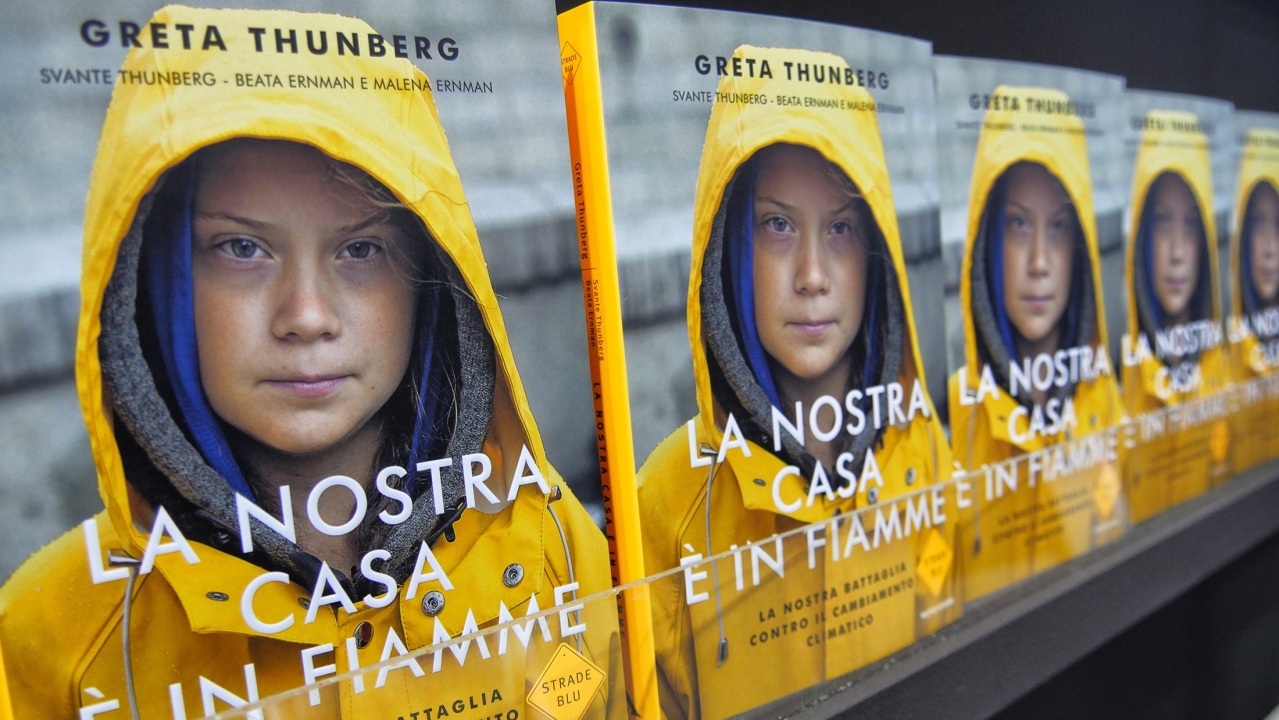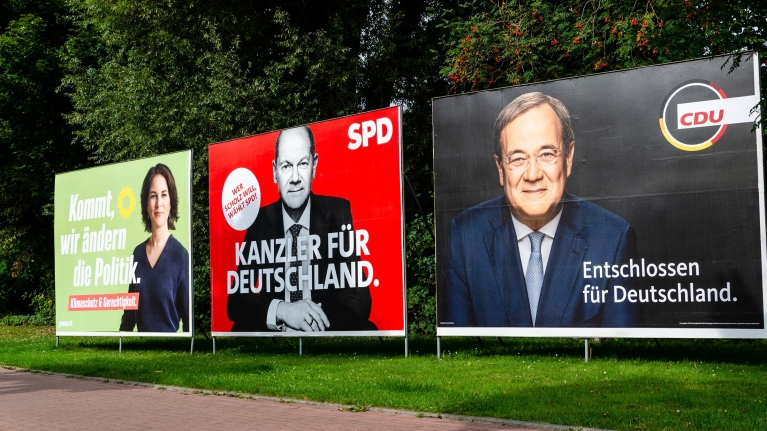Greta Thunberg remains adamant. Speaking in a red T-shirt at the launch of The Climate Book, a collection of essays by left-progressive and anti-growth academics and activists, she told her audience at London’s Royal Festival Hall in late October that “we are never going back to normal”. According to Thunberg, pre-pandemic normality was just another “crisis”, an “extreme system built on exploitation of people and nature”, a conspiracy led by the Global North to accumulate wealth that is defined by “colonialism, imperialism and genocide”.
The pandemic was seen by both Thunbergism and proponents of the Great Reset as not merely a tragic but temporary difficulty to be overcome by human perseverance, cooperation, and adaptation. From their perspective, it was an opportunity and pretext to usher in an unprecedented transformation of society. To the superficial observer, the greatest difference between the two is that the suit-and-tie oligarchs of the World Economic Forum suggest the introduction of “stakeholder capitalism”; to Greta Thunberg, nothing less than the overthrow of the “whole capitalist system” will suffice. And in the process, democratically elected political leaders, as well as non-conforming experts and members of the general public, are to be casually brushed aside as “part of the problem”.
It has long been clear that Greta Thunberg’s understanding of “climate justice” is closely intertwined with the Marxist idea of equity, i.e., equality of outcome regardless of endowment, diligence, and inventiveness. It shares little in common with equality of opportunity, or nature conservation and the mitigation of the adverse effects of a changing climate, which are both necessary and desirable. As part of the general drive towards equity, climate justice is as much about far-left ideas on colonialism or gender as it is about extreme weather or rising sea levels. Although Greta Thunberg says she seeks to stay clear of the mire of politics, her far-left political agenda is now more apparent than ever.
Of course, Thunberg has been careful not to waste much time on explaining what her anti-capitalist fantasy would mean to the primarily young, privileged, and impressionable crowd she appeals to. Nor has she allowed herself to get caught up in details and technicalities that could taint her utopian vision. It is reasonable to assume, however, that it would involve major infringements of personal liberty, property rights, the forced reduction of free movement (known from pandemic lockdowns), and even dietary restrictions known from certain religions. Her demand for an immediate end to all fossil fuel investments and to “making food the way we do”, together with her call on politicians to “leave the table” and give way to hardline activists and her team of de-growth climate experts, would inevitably bring about untold misery, hunger, deprivation, and anarchic chaos.
While Greta Thunberg and the young eco-zealots inspired by her are desperate to remain in the limelight amid the war in Ukraine and economic implications, their ever more senseless radicalism is evidently losing its appeal. Their strategy, following the age-old PR wisdom that “any press is good press”, has started to backfire, with members of the general public and even Germany’s Greens speaking out against the extremities of climate activism. From the massive disruptions caused by Just Stop Oil activists on Britain’s motorways to the appalling desecration of NHS hero Captain Sir Tom Moore’s memorial and the series of attacks on timeless masterpieces of art, the red-green radicals are determined to have their voice stand out of the noise – however childish and nihilistic that voice is. And Greta Thunberg is all the keener to position herself as the unassailable face of the radical climate movement.
European societies’ distaste for such antics is laid bare by a recent international survey carried out by the Youth Research Institute. Although commitment to the environmental cause is popular across the board, in the five examined countries examined (Hungary, the United Kingdom, France, Germany, and Italy) less than one in six respondents (16 percent) are in favor of efforts to transform society in a radical, revolutionary way. While over a third of Hungarians (37 percent) are involved in environmental protection as a volunteer, a participant of events, or through providing financial support, only one in twenty respondents (5 percent) argued that the organization of society should be changed in a radical manner. And while findings of the country’s latest large sample youth survey, conducted in 2020, suggest that close to half (45 percent) of young people are strongly or rather interested in climate change, political moderates outnumber radicals three to one (46 percent and 15 percent respectively). And in a global context, Greta Thunberg’s staunch refusal to accept going back to normal after the pandemic is clearly falling on deaf ears, with people resuming personal contact and returning to their offices while air traffic edges towards pre-pandemic levels after two years of disruptions.









